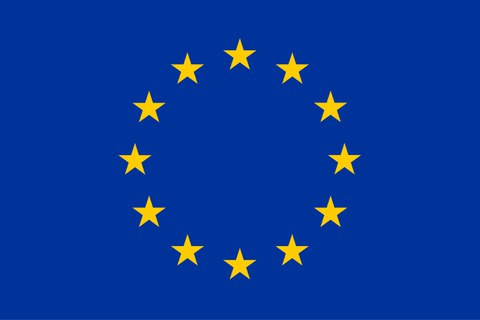23.06.2021
Projektstart: ONEforest (Horizon 2020)

ONEforest
ONEforest: A Multi-criteria decision support system for a common forest management to strengthen forest resilience, harmonise stakeholder interests and ensure sustainable wood flows.
Der Lehrstuhl für BWL, insb. industrielles Management freut sich zusammen mit 18 Projekt-Partnern aus acht Ländern im Juni die Arbeit am EU-Projekt ONEforest aufnehmen zu können. Die Projektdauer beträgt drei Jahre. Die Förderung des Gesamtprojekts in Höhe von rund 5,2 Mio. € erfolgt über das europäische Forschungsrahmenprogramm Horizon 2020.
Ziel des Projektes ist die Entwicklung eines multikriteriellen Entscheidungsunterstützungssystems, mit welchem verschiedene Stakeholder der Forstwirtschaft in der Lage sein werden, gemäß individueller Zielsetzungen langfristige strategische Entscheidungen zu treffen. Waldeigentümer können so beurteilen, welche Art der Bewirtschaftung unter den aktuellen und zukünftigen ökologischen und ökonomischen Bedingungen vorteilhaft ist. Der Lehrstuhl Industrielles Management ist insbesondere für die Entwicklung des problemspezifischen mathematischen Modells und die Entwicklung eines Lösungsalgorithmus für das multikriterielle Entscheidungsproblem verantwortlich. Am Ende der Projektlaufzeit wird ein Prototyp des Entscheidungsunterstützungssystems den Entscheidern aus der Praxis als ausführbare Datei zur Verfügung gestellt.
Abstract
ONEforest supports the deployment of regional forest management concepts that strengthen forest resilience and sustainable wood supply levering wood-based products. This is achieved by empowering actors to understand the far-reaching consequences of their decisions in a multi-criteria decision-making environment. ONEforest will provide successful solutions for reconciling the provision of various Forest Ecosystem Services, such as the carbon storage potential in environmentally friendly forest-wood value chains based on stakeholder interests in order to provide optimised management solutions.
Objectives
Forest ecosystems cover 42 % of the European Union’s total land area and strong efforts have been made to facilitate an increase of multiple forest ecosystem services to form robust forest stands. However, all ecosystems recently have been hit by rapidly changing climatic conditions, e.g. long lasting droughts, heavy rain events, frequent and intensive storms, pests and forest fires. To address this within future silviculture management concepts, forest operations and wood supply, all stakeholders along the Forest Wood Value Chain will need to form a common idea of future forest management, while none of them can increase its benefit without harming another one.
Therefore, four Case Studies Regions will be established, following Europe’s biogeographical regions, to study climate-resilient silvicultural management practices and new methods of seeding and planting by the application of an own engineered topsoil cover based on wood fibres. Corresponding forest operations and concepts of actions in case of disturbances will be developed under selected sustainability criteria. Stakeholders will be activated in the participative process of socio-economic studies. The information will be consolidated in Dynamic Value Chain Model to assess the impact of the Forest-Wood Value Chain on regional development quantified by a set of economic, environmental and social indicators. The newly developed Multi-Criteria Decision Support System visualises decision-making by comparing Sustainable Forest Management, synergies and trade-offs of Forest Ecosystems, reliable wood supply, and stakeholder interests through FWVC indicators of social, economic, and environmental dimensions, by applying methods of Goal Programming. The easy-to-use software application will be available for Forest-Wood Value Chain stakeholders globally. All ONEforest results will be implemented in new Model Forests, being part of the International Model Forest Network for regional adapted forest management concept.
Laufzeit
06/2021 - 05/2024
Beteiligte
Dipl.-Wi.-Ing. Michael Hölscher
Social Media

EU Flagge
This project has received funding from the European Union’s Horizon 2020 research and innovation programme under grant agreement No 101000406.
